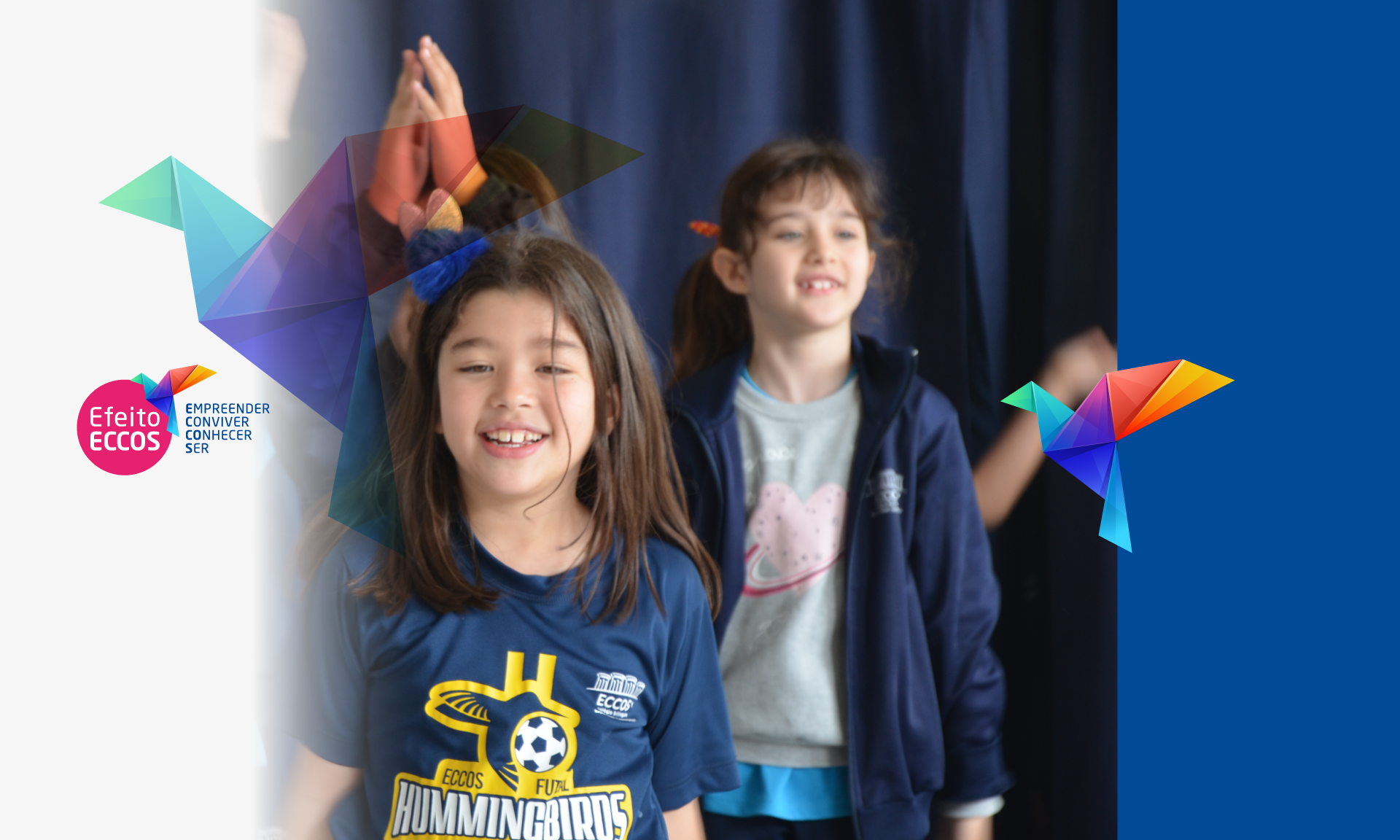
An important step for the reach of autonomy in the academic life and in the interpersonal relations…
With meaningful experiences acquired during kindergarten, students begin primary school. Throughout years 1 and 2, ludic actions remain valued for the learning process as reading and writing skills become indispensable for learning independence. It is a part of the school routine to take on small responsibilities, to put to use the creative, logic and critical thinking and find new possibilities of reading and formulating new hypothesis, arguments, interact with many different cultural products and to make use of the technologies of information and communication.
Starting in year 3, school habits such as continuous studying, and the organization of their own materials and the gradual consolidation of chores. This milestone facilitates the appropriation of the “knowledges” as well as the development of skills and values necessary for the academic and personal success. The scholarly repertoire develops itself in a way that school content relates itself with day-to-day topics, deflagrating through more complex structures than the one that precedes.
The bilingual communicative competence is progressively amplified by means of firsthand experience with real world situations, such as the international partnerships. In the last years of this stage of education, the reading, writing and oral prompts become more and more complex, presenting the student with key moments to practice the Standard English in multiple contexts of communication. In year 5, there is an expansion to the linguistic offer with the addition of Spanish classes.
